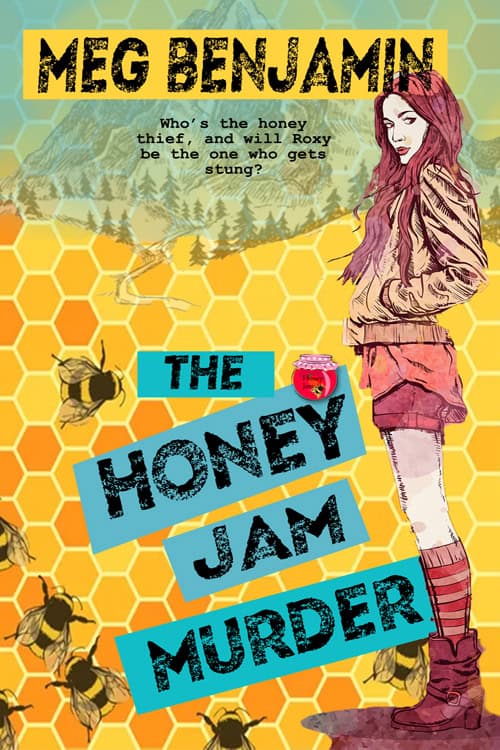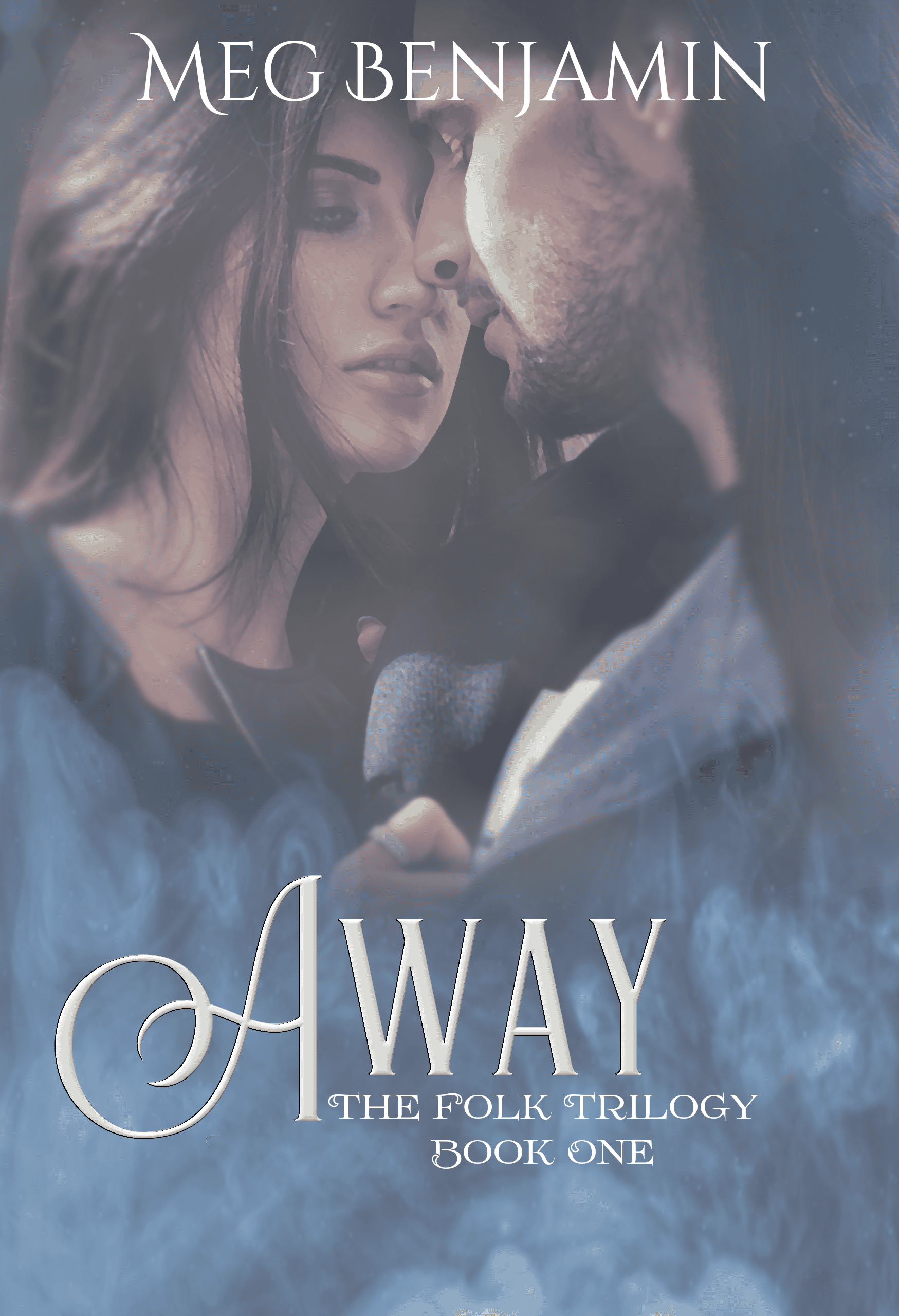Books As Spinach
I’ve talked a lot here and elsewhere about the critics of romance, who are, of course, legion. Their objections to romance novels fall into several categories—romances are poorly written, romances are unrealistic, romances create naïve expectations about male-female relationships, romances reflect the structure of patriarchy by holding up marriage as the be-all and end-all of women’s lives. Now most of these criticisms can be chipped away fairly easily (and sometimes entertainingly) because they’re made by people who never read romances themselves. Take the idea that romances are unrealistic. This criticism seems to imply as a corollary that all (mysteries, thrillers, westerns, mainstream fiction, you choose) are realistic, a proposition that’s manifestly untrue. And, of course, there’s the related idea that only realistic literature is acceptable, which would seem to rule out everybody from Gabriel Garcia Márquez to Chaucer.
However, I’d argue that many of these criticisms boil down to one main idea: romances aren’t good for you. They make readers soft headed and impractical. Instead, the critics imply, you should be reading more sturdy stuff, literature with fiber as it were. Novels about alcoholic womanizers, for example. Or broken marriages. Or dying children. Or the misery of life without purpose.
What’s being urged upon readers in this case is a sort of literary spinach, or to be more specific, overcooked, slimy literary spinach. It tastes bad. You don’t enjoy it. But it’s good for you. You should consume it, no matter how hard it is to get down.
Now here’s the thing, I spent several years teaching English, and several years before that getting graduate degrees in English. Believe me, I know all about reading spinach. I waded through Pope and Dryden, Wordsworth and Shelley, Pound and Eliot. My graduate school believed that English students needed to be able to read Old English in the original, so I took courses in Anglo Saxon. I translated Beowulf, for Pete’s sake! In other words, I’ve read enough spinach for several lifetimes.
Now not all of it was bad—spinach doesn’t have to be overcooked and slimy, after all, it can actually be pretty tasty. I got a kick out of a lot of Anglo Saxon literature, including the beautiful Wanderer and Seafarer. I still love The Great Gatsby and Bleak House. I can even recite some Emily Dickinson years after first encountering her.
But a lot of it was the kind of stuff I wouldn’t have read if I hadn’t had to. I have slogged through more essays on aesthetics than I ever want to see again. I went on reading spinach for a lot of years because, as an English teacher, I had to keep up. But when I switched to teaching technical writing and document design, I stopped. I figured I’d more than paid my dues. I wanted to read something I enjoyed, not something I was reading because I was supposed to read it.
Now I have a simple rule of thumb—if I don’t like something, I don’t read it. If I start something and don’t enjoy it, I don’t finish it. I no longer let other people tell me what I should read. I read what I want to read. After all, reading shouldn’t be slimy spinach. Reading should be a good Bordeaux, something to be sipped and savored and enjoyed.
So the next time somebody tells you that you should read something because it’s good for you, tell them you’ll pass because you hate slimy spinach. They’ll think you’re nuts, but you’ll know you’re not!
Posted in Blog • Tags: On Reading, romance critics | Be The First To Reply!








